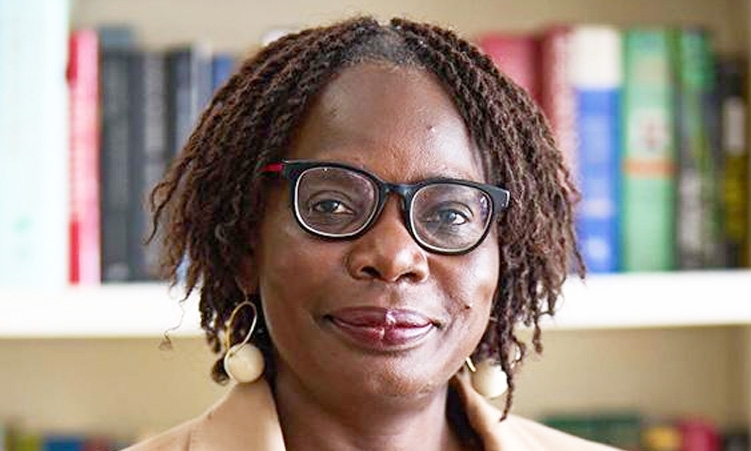
President William Ruto’s administration has secured a major diplomatic breakthrough after months of setbacks on the international stage, as Kenya’s nominee Prof Phoebe Okowa was overwhelmingly elected as a judge of the International Court of Justice (ICJ) on Wednesday.
The victory, announced following four rounds of voting at the United Nations General Assembly and the UN Security Council in New York, marked a historic moment for Kenya.
The election was held to fill the seat left vacant by the resignation of Judge Abdulqawi Ahmed Yusuf of Somalia, effective September 30, 2025.
Four candidates had been officially nominated by their national groups: Taoheed Olufemi Elias (Nigeria), nominated by Bahrain, Italy, Latvia, Jordan, Malta, Nigeria and the Philippines; Charles Chernor Jalloh (Sierra Leone), nominated by South Africa, Burkina Faso, Canada, Ecuador, Liechtenstein, Sierra Leone and the Czech Republic; Paul Kuruk (Ghana), nominated by Ghana; and Ms. Okowa, nominated by South Africa, Colombia, Kenya, Namibia, the Netherlands, Romania, Sweden and Vanuatu.
After the first round, Okowa received 6 votes and Jalloh 5, while Elias received 3 and Kuruk got 1 before withdrawing from the race.
In the second round in the Council, Elias got 1 vote, compared with 6 for Okowa and 8 for Jalloh, after which the former also withdrew.
Although Jalloh secured the required majority, a third round of voting was necessary because the General Assembly reached a different result, giving an absolute majority to Okowa. As no candidate obtained an absolute majority in both the Assembly and the Council, and in accordance with Article 11 of the Court’s statute, both organs opened new meetings to proceed with another round of voting, with the candidature of Elias withdrawn. A final round of voting in both organs resolved the divergence.
The judge elected will serve until the end of the original term on February 5, 2027.
This was the first time Kenya fielded a candidate for the ICJ, and consequently, Prof Okowa became the first Kenyan to occupy the bench of the world’s highest judicial body.
Prof Okowa’s election comes at a time when Kenya has endured a string of losses in multilateral contests, including failed bids for leadership positions in continental and global organisations.
Among the recent loses was Raila Odinga’s bid for the African Union Commission chairmanship, which came after yet another loss in the International Maritime Organisation secretary general bid.
Kenya’s Amb Nancy Karigithu lost to Panama’s Arsenio Antonio Velasco in the 2023 election.
The loss was attributed to poor lobbying and lack of support, with her candidature being linked to the previous administration of Uhuru Kenyatta.
A year earlier, then Foreign Affairs CS Raychelle Omamo lost her bid to become the first female head of the International Fund for Agricultural Development, while former Africa CDC acting director Ahmed Ogwell Ouma lost to Dr Jean Kaseya of Congo for the continental health body’s top job.
National Security Advisor to President Ruto Monica Juma was also forced to drop from the race for the post of secretary-general to the Commonwealth citing divisions in the institutions about her candidature.
In October 2016, then-Foreign CS Amina Mohamed lost her bid for the AUC chairperson as well as the race to become the director general of the World Trade Organisation in October 2020.
The ICJ win therefore offers a welcome diplomatic rebound for an administration that has invested heavily in foreign engagements but struggled to translate visibility into institutional influence.
In a statement, the Ministry of Foreign Affairs hailed the win as a “historic milestone” and praised UN member states for demonstrating confidence in Prof Okowa’s credentials, integrity and long record of service to international law.
Foreign Affairs CS Musalia Mudavadi said Okowa’s election marks a proud moment for Kenya and a resounding affirmation of its growing influence as a champion of justice, peace and global cooperation.
Prof Okowa is not only Kenya’s first ICJ judge but also the first African woman ever elected to the International Law Commission and the Institut de Droit International, two of the world’s most prestigious bodies on public international law.
AU Commission chairman Mahmoud Ali Youssouf in his congratulatory statement termed Okowa’s win as “a proud moment for Africa and a testament to the continent’s growing contribution to the strengthening of the global rule of law and multilateralism".
“Prof Okowa’s election reflects the high regard for her scholarship, integrity and commitment to justice, values that resonate deeply with Africa’s vision for a fair and rules-based international order,” Youssouf said.
Former Permanent Representative to the UN Amb Martin Kimani praised the win, saying it showcased Kenya at its finest — with a formidable candidate, a disciplined and focused Foreign Affairs ministry.
“It was Kenya at its best: a strong candidate, a focused MFA and its determined leadership, and a strong elections officer. More of this and more positions will be filled by Kenyan candidates that bring real value to the multilateral system,” Amb Kimani said.
Beyond the support by the state, Prof Okowa’s credentials were also a huge selling point.
Prof Okowa is a legal scholar with more than three decades of experience.
She has advised governments, represented states before international tribunals and written extensively on issues ranging from state responsibility to environmental law. She has previously appeared before both the ICJ and the International Tribunal for the Law of the Sea.
This experience, diplomats say, gave her candidacy exceptional credibility.
The Ministry of Foreign Affairs expressed “profound gratitude” to UN member states, regional groups and partners whose backing ensured the victory.


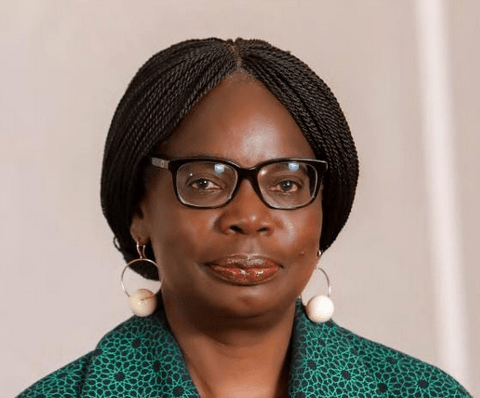
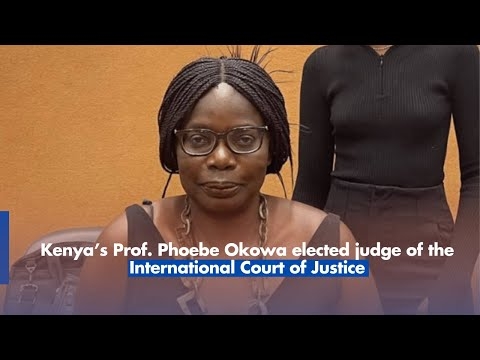






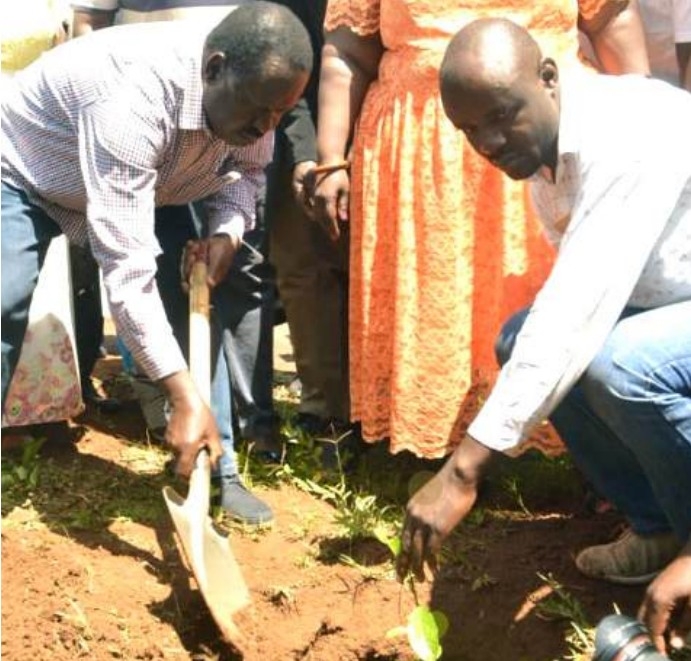
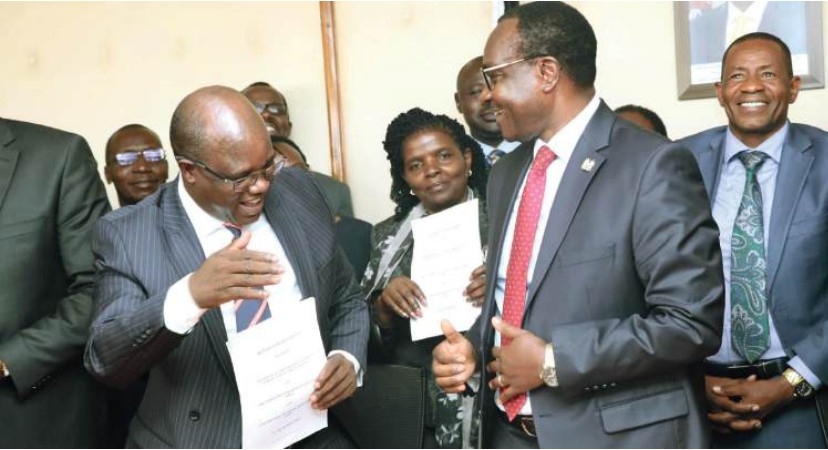

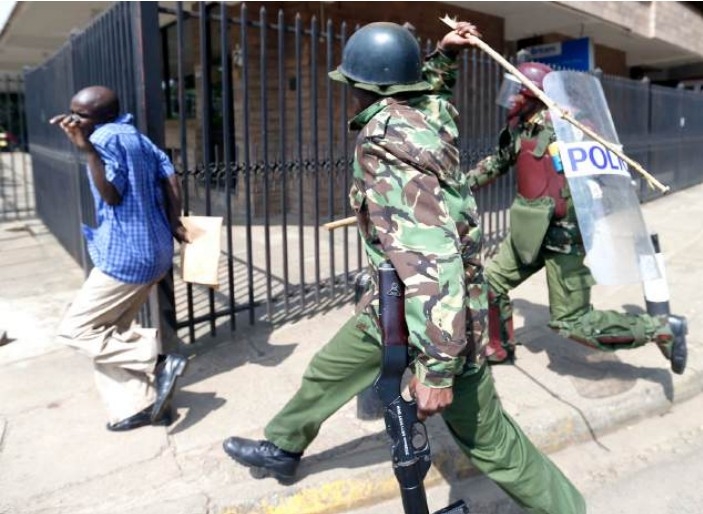




![[PHOTOS] How ODM@20 dinner went down](/_next/image?url=https%3A%2F%2Fcdn.radioafrica.digital%2Fimage%2F2025%2F11%2F99d04439-7d94-4ec5-8e18-899441a55b21.jpg&w=3840&q=100)
